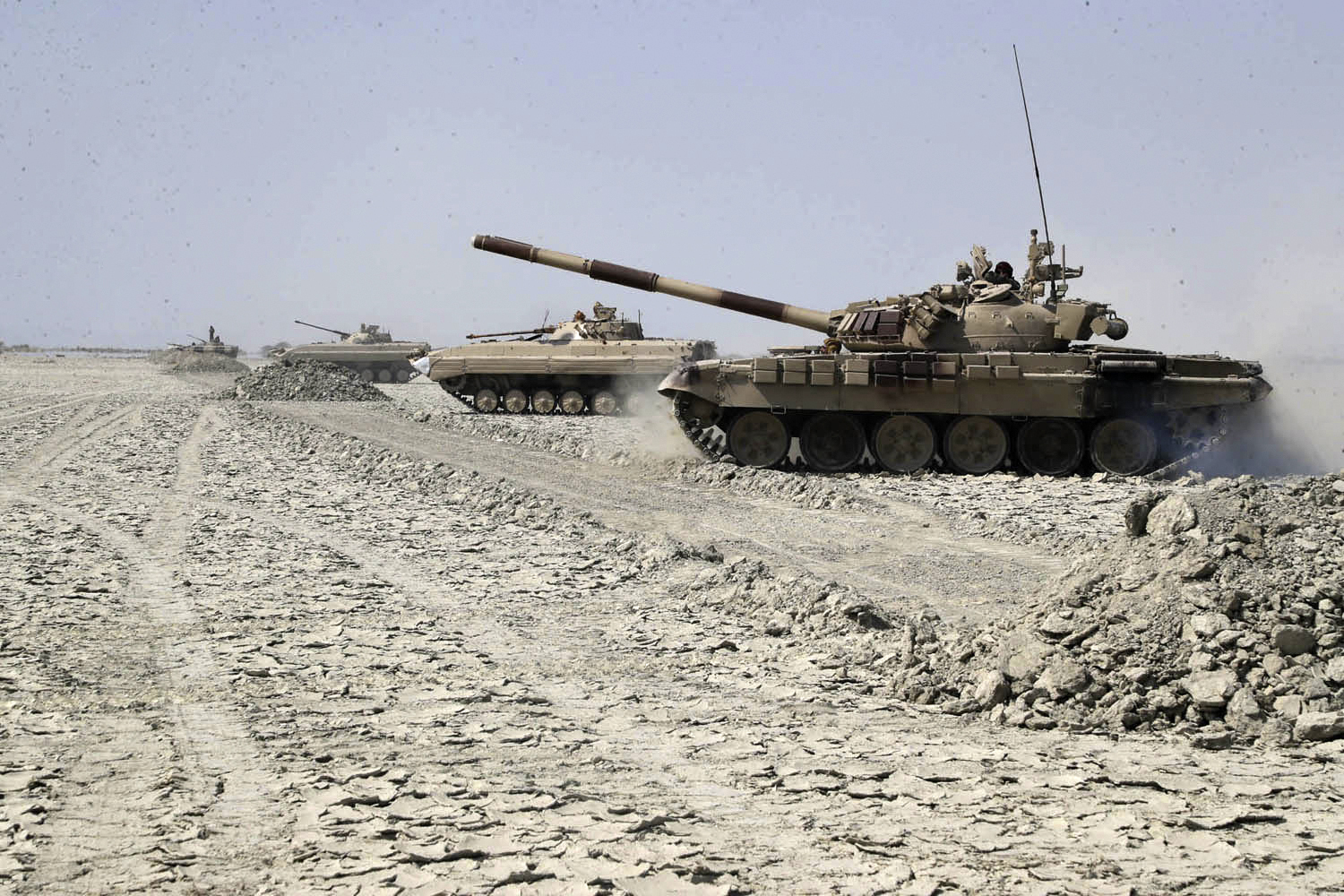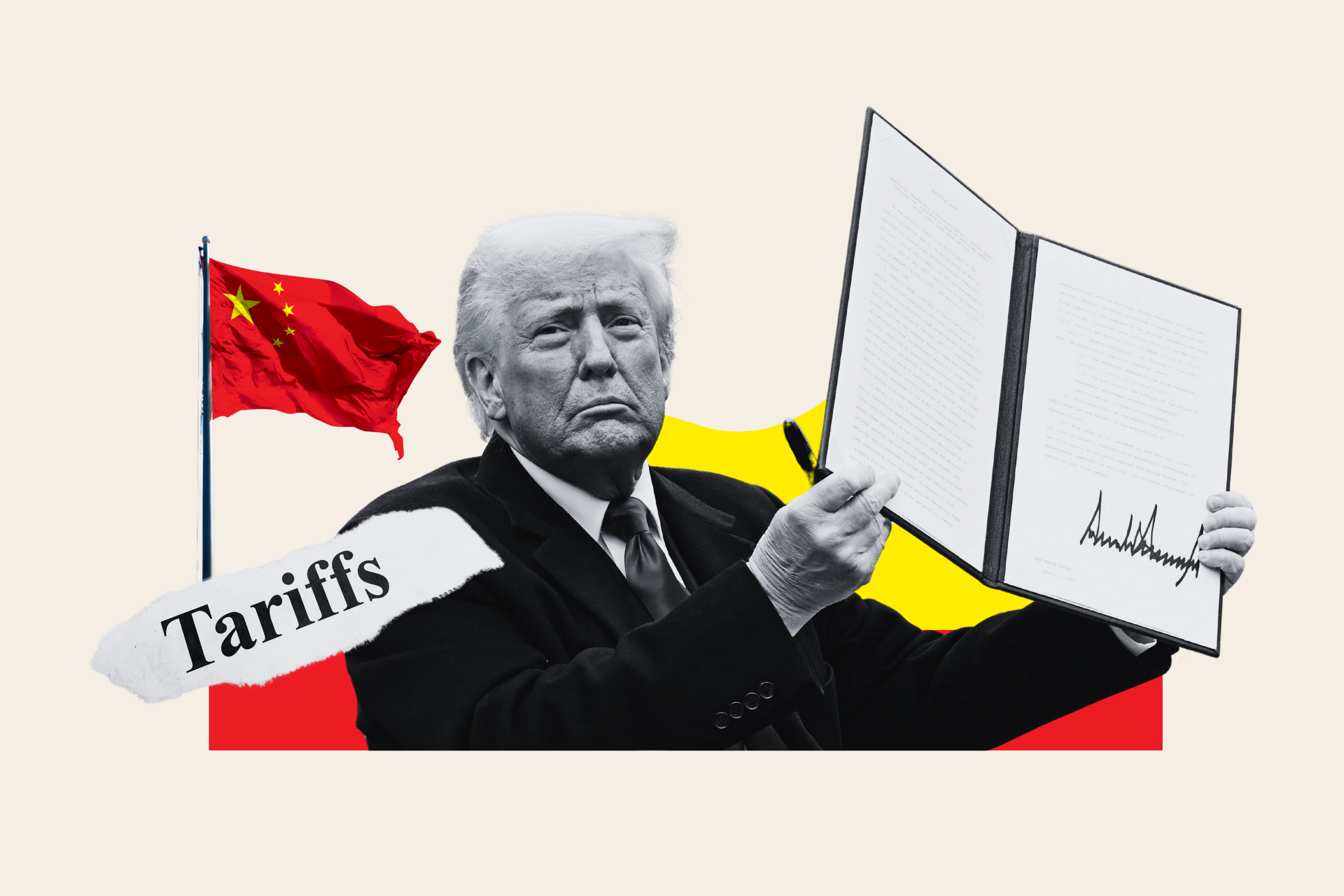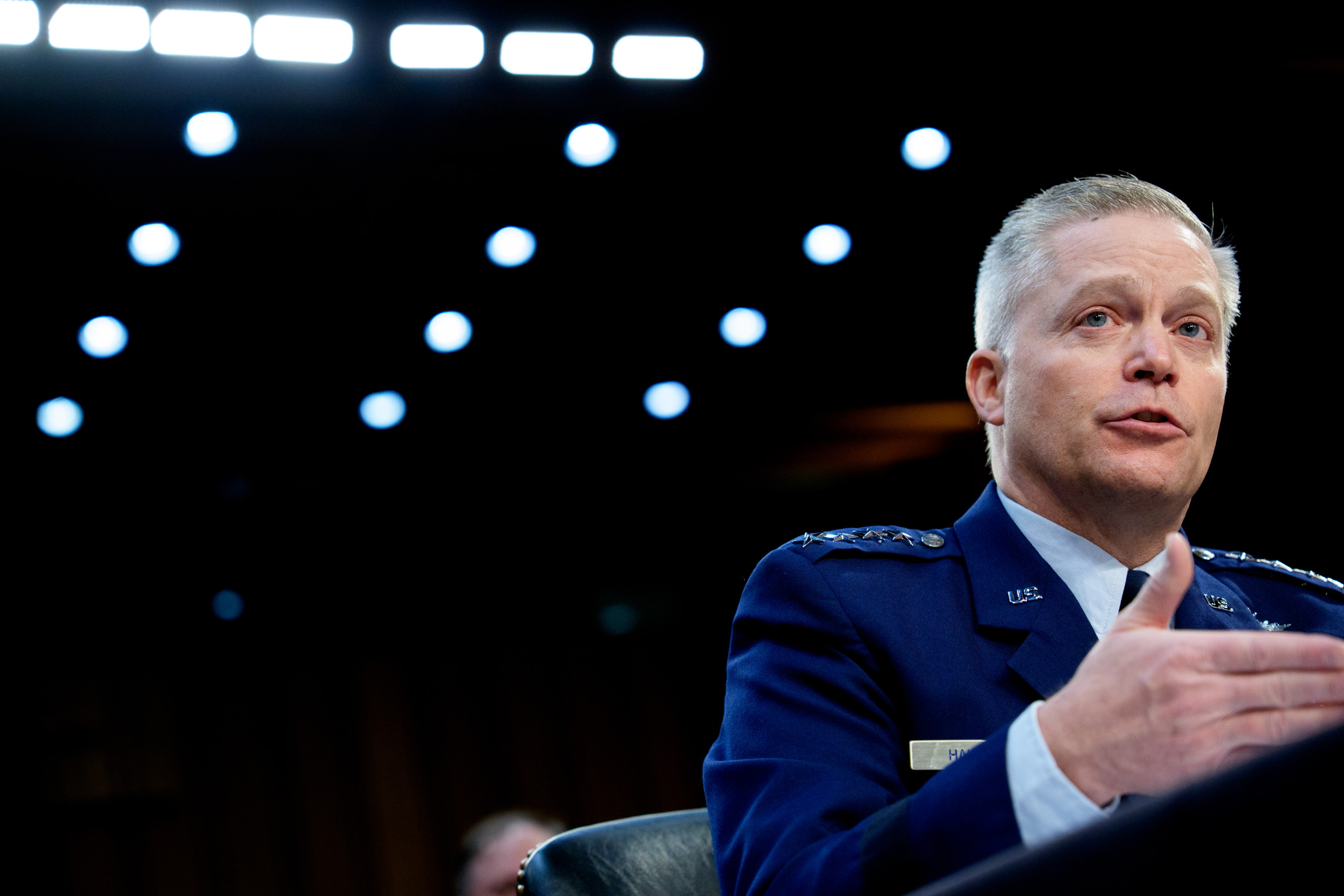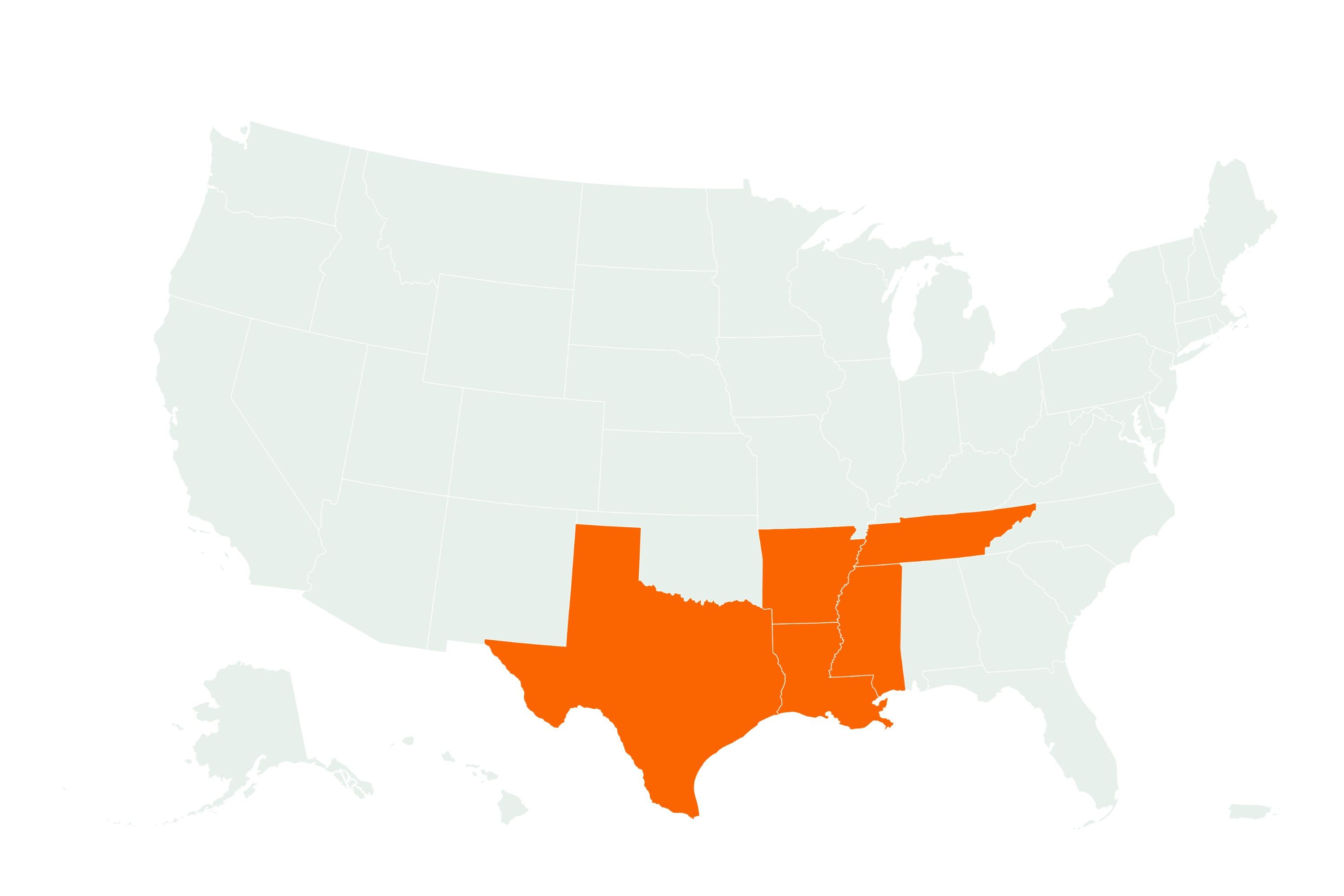Russian Deputy Foreign Minister Sergei Ryabkov warned there would be "catastrophic" consequences if the United States attacks Iran's nuclear infrastructure after a threat by President Donald Trump.
Newsweek has reached out to the U.S. State Department and Iran's foreign ministry for comment.
Why It Matters
Rising tensions between Iran and the U.S. have reignited concerns of the potential for military conflict. U.S. President Donald Trump and Iranian Supreme Leader Ayatollah Ali Khamenei have escalated the tone of their remarks, intensifying the standoff over Iran's nuclear program.
Trump has reinstated his "maximum pressure" campaign, which has led to the reimposition of strict sanctions in order to weaken Iran's economy and stop its nuclear program. Iran has refused direct negotiations under pressure but said indirect negotiations were possible.

What To Know
In an interview with the Russian International Affairs magazine, Ryabkov said Russia opposed military strikes on Iran if Tehran refuses to agree to a nuclear deal, warning of "catastrophic" consequences, "especially if the nuclear infrastructure is hit."
Trump threatened to bomb Iran if it does not agree to a new nuclear deal. Tehran has rejected a U.S. proposal to engage in direct negotiations under "maximum pressure" policies.
"Threats are really heard, and ultimatums are also heard. We consider such methods inappropriate, we condemn them," Ryabkov added.
Iran said it "will have no choice" but to seek nuclear weapons if attacked, a senior adviser to Khamenei Iranian Supreme Khamenei said. The U.S. has significantly increased its military presence in both the Persian Gulf and Indian Ocean, in a move signaling heightened U.S. preparations for potential conflict.
In response, Iran has bolstered its missile capabilities, positioning advanced air defense systems around the Strait of Hormuz while ramping up military activities. Russia and China recently held military naval drills with Iran in the Gulf of Oman, a strategic waterway.
Despite an improvement in U.S.-Russia relations under Trump, they show signs of strain after Trump threatened to impose secondary tariffs on nations that purchase oil from Russia if Moscow fails to agree to a ceasefire in Ukraine.
What People Are Saying
Russian Deputy Foreign Minister Sergei Ryabkov told International Affairs: "The consequences of this, especially if the nuclear infrastructure is hit, could be catastrophic for the entire region. I am not even talking about what kind of consequences this may have in terms of Tehran's actions, which our Iranian colleagues are also talking about openly and clearly, so while there is still time and the 'train has not left,' we need to redouble our efforts to try to reach an agreement on a reasonable basis. Russia is ready to offer its good offices here to Washington, Tehran, and everyone who is interested in this."
U.S. President Donald Trump told NBC: "If they don't make a deal, there will be bombing. It will be bombing the likes of which they have never seen before."
Ali Larijani, adviser to Khamenei, said on Iranian state TV: "Iran does not want to do this, but will have no choice. If at some point you (the U.S.) move towards bombing by yourself or through Israel, you will force Iran to make a different decision."
What Happens Next
Deadlock increases risks of direct confrontation if Washington intensifies its threats, amid the growing danger of a broader regional conflict if diplomatic avenues fail.
About the writer
Amira El-Fekki is a Newsweek reporter based in Dubai. Her focus is reporting on politics and society in the Middle ... Read more




